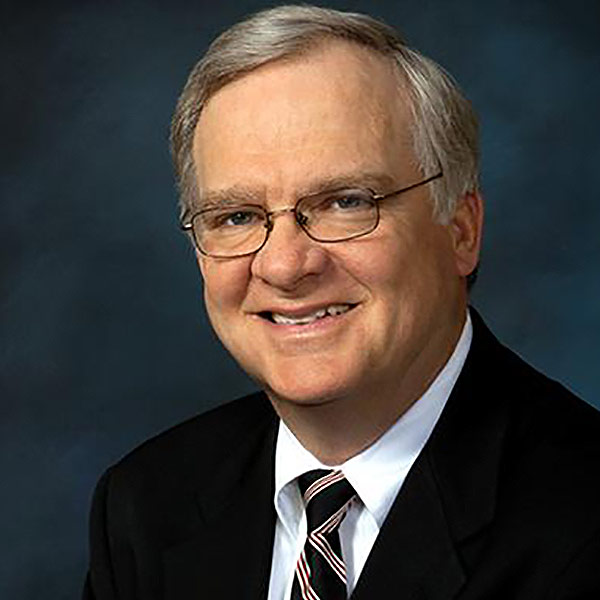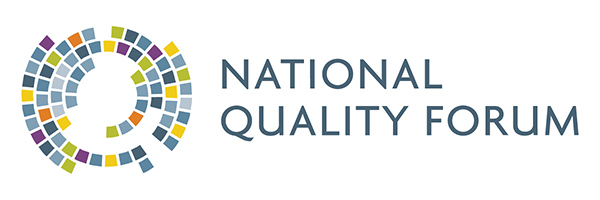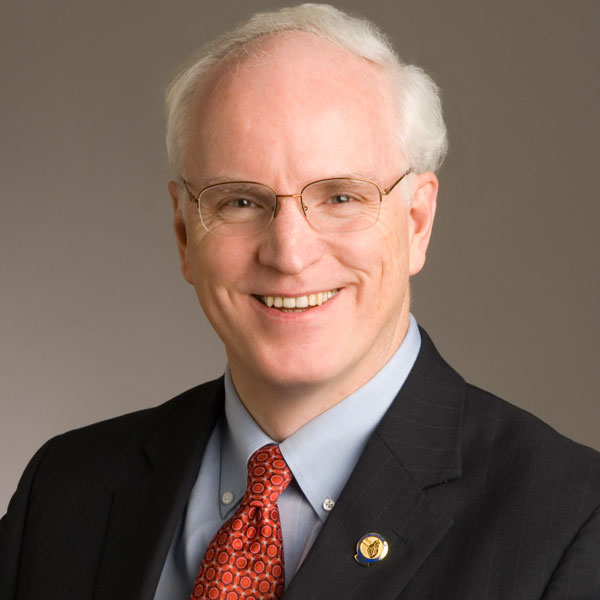Harold on History | National Quality Forum at 20: Learning From the Past to Measure the Future

Twenty years ago, the National Quality Forum (NQF) was established to "advise the President on changes occurring in the health care system and recommend such measures as may be necessary to promote and assure health care quality and value and protect consumers and workers in the health care system." Since then, the nonprofit public service organization has brought together public and private stakeholders spanning the entire health care system to develop evidence-based approaches to measure and improve quality and promote patient safety.
Today, NQF boasts more than 400 organizational members, consisting of public and private purchasers, consumer organizations, physicians, hospitals, accrediting and certifying bodies and health care societies like the ACC.
These members are responsible for helping NQF develop standards for health care measurement in the U.S.; recommending performance-based measures for use in federal and private payer payment and public reporting programs; identifying and accelerating quality improvement priorities; and, most recently, helping advance electronic quality-improvement measurement in a manner that's better coordinated and cost-effective.
 ACC Executive Vice President William Oetgen, MD, MBA, FACC
ACC Executive Vice President William Oetgen, MD, MBA, FACC
"NQF has grown over the last two decades to be a vital resource for the entire health care community," says ACC Executive Vice President William Oetgen, MD, MBA, FACC. "Having a centralized source of trusted, evidence-based quality measures makes it easier to measure and quantify quality improvement in a comprehensive fashion.
In today's technology-reliant world and with practices and hospitals increasingly measured based on value and patient outcomes, the need for coordinated measurement across stakeholders is key to success. The ACC has been proud to work with NQF and its members to drive continued innovation and improvements to make the process even better."
The ACC and NQF have a long history of working together. For example, NQF's Cardiovascular Portfolio Standing Committee has endorsed several ACC-developed cardiovascular measures as part of the overall Cardiovascular Portfolio. Recently endorsed measures include "In-Hospital Risk Adjusted Rate of Mortality for Patients Undergoing PCI" and "30-day all-cause risk-standardized mortality rate following PCI for patients with ST segment elevation myocardial infarction (STEMI) or cardiogenic shock."
Overall, the Cardiovascular Portfolio currently includes 54 measures focused on primary prevention and screening, coronary artery disease, ischemic vascular disease, acute myocardial infarction, cardiac catheterization, PCI, heart failure, rhythm disorders, ICDs, cardiac imaging, cardiac rehabilitation and high blood pressure.

Additionally, ACC's NCDR registries incorporate several NQF-endorsed performance measures that are appropriate for consideration for public reporting and other accountability programs. Outside of measures, NQF leaders have also been frequent panelists and speakers at ACC meetings, ranging from ACC's Annual Scientific Session to Legislative Conference.
So what's next for NQF? In a piece published in the Journal of the American Medical Association, Christine Cassel, MD, former NQF President and CEO, and Richard Kronick, PhD, former director of the Agency for Healthcare Research and Quality, note the need to leverage learnings from the last two decades in order to "measure the future." They write that paying for value will not work unless it can be measured and that the real goal of measurement is improvement.
Future work will need to build on advancing systems of quality, facilitating linkages to payments and reducing process variations that are impacting administrative burden and not delivering improvements in health care quality.
 ACC Executive Vice President Brendan Mullen
ACC Executive Vice President Brendan Mullen
"NQF has one of the consistently hardest jobs in American health care: building consensus," says ACC Executive Vice President Brendan Mullen, who served as NQF Vice President of Strategy and Development from 2014-2015. "Many believe that is an empirical exercise, made easy or self-evident by science. It's not. It's a political process – and I mean that in the best sense of the word, as in constituencies with various legitimate points of view coming together to forge compromise in the face of scientific uncertainty. It's the essentially American enterprise by which we've always strived to invent a better future."
Learn more about NQF at QualityForum.org.
Clinical Topics: Cardiovascular Care Team, Heart Failure and Cardiomyopathies, Invasive Cardiovascular Angiography and Intervention, Prevention, Atherosclerotic Disease (CAD/PAD), Acute Heart Failure, Interventions and Coronary Artery Disease, Hypertension
Keywords: ACC Publications, Cardiology Magazine, Quality Improvement, Cardiac Rehabilitation, Myocardial Infarction, Verbascum, Goals, American Medical Association, Coronary Artery Disease, Consensus, Shock, Cardiogenic, United States Agency for Healthcare Research and Quality, Hypertension, Registries, Cardiac Catheterization, Hospital-Physician Joint Ventures, Social Responsibility, Quality of Health Care, Delivery of Health Care, Heart Failure, Consumer Organizations, Percutaneous Coronary Intervention, Health Services Research, Primary Prevention, Patient Safety
< Back to Listings



